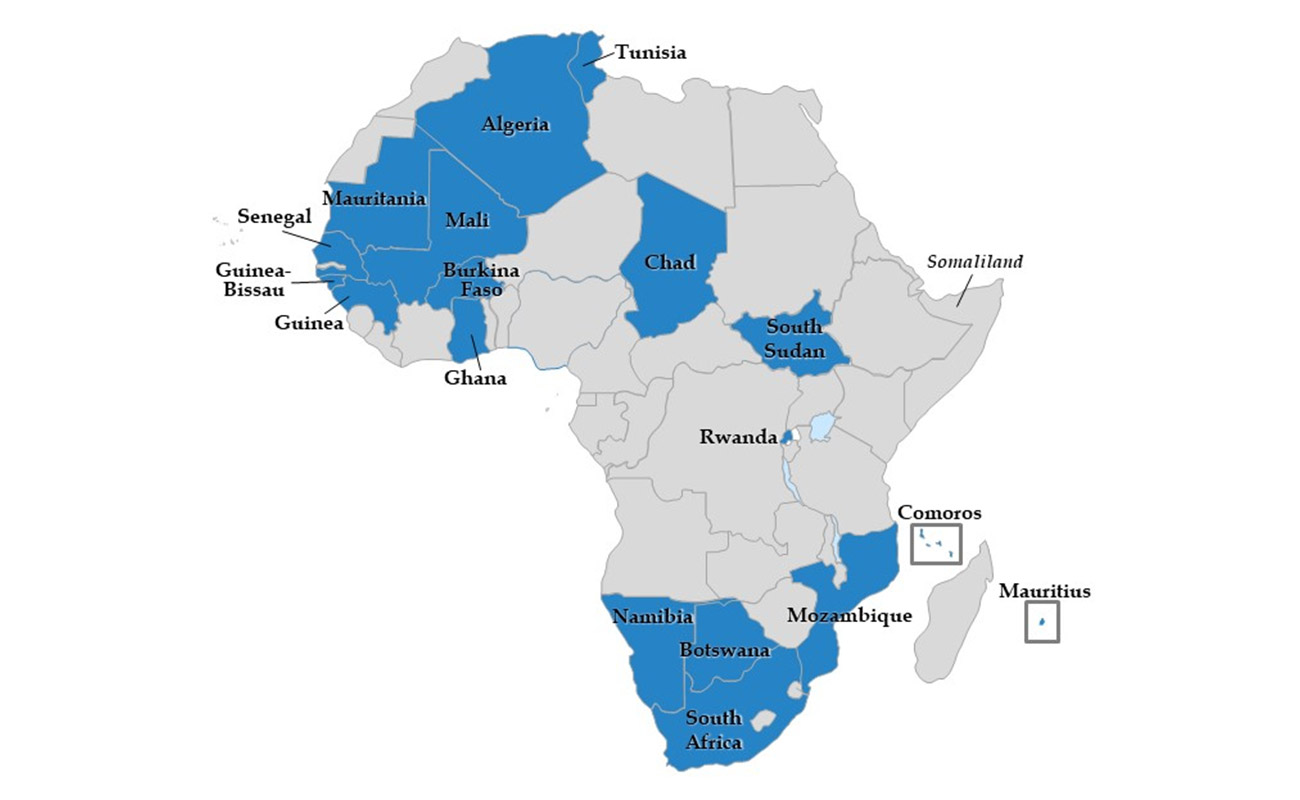
By Oluwaseun Taiwo
The year 2024 has been a pivotal one for electoral processes across Africa, with several nations going to the polls to elect their leaders. In 2024, Africa witnessed a dynamic electoral landscape, with over 15 national elections taking place across the continent. These elections have offered a mix of progress, challenges, and key lessons on the state of democracy on the continent. While some outcomes signified progress in transparency, accountability, and inclusivity, others exposed systemic challenges that continue to undermine democratic growth
Africa witnessed significant strides in some of its 2024 elections. For instance, Namibia’s election of its first female president was hailed as a milestone for gender inclusivity and representation in African leadership. In countries like Ghana, electoral commissions demonstrated a commitment to transparency, adopting technology to streamline vote counting and prevent tampering. In addition, voter turnout in some countries reflected increased political engagement among youth and marginalized communities, driven by grassroots movements and civic education campaigns. This heightened participation signals a shift toward a more inclusive democratic process.
Despite these advancements, 2024’s elections also exposed persistent challenges. Allegations of vote-rigging, low voter turnout for instance South Africa’s elections, recorded the lowest voter turnout in the country’s history, suppression of opposition candidates, and intimidation of voters plagued elections, casting a shadow over the legitimacy of their outcomes. The use of state machinery to suppress dissent highlighted the fragility of democratic norms in some nations. Moreover, the lack of financial and logistical resources hindered the effective organization of elections in poorer countries. For instance, the Namibian elections faced logistical challenges, including malfunctions in the mobile voter registration systems and a shortage of ballot papers at some polling stations, leading to delays for voters. Limited access to polling stations, delayed voting processes, and the disenfranchisement of rural voters revealed gaps in electoral infrastructure and planning.
While there were notable examples of transparent electoral processes in some regions, questions about accountability and fairness persisted in other regions. The absence of robust mechanisms to monitor campaign financing and the influence of money in politics remains a major concern.
The role of international observers was another contentious issue. In some cases, their presence ensured greater scrutiny, while in others, accusations of bias and interference undermined their credibility. Local election observers played a vital role in addressing this gap, but their limited resources often restricted their reach and impact.
Inclusivity remains a critical issue in Africa’s electoral landscape. While Namibia’s election of a female president was a significant step forward, women, people with disability, youth and minority groups continue to face systemic barriers to political participation across the continent. Youth engagement, though promising in some areas, is still hindered by a lack of political representation and trust in traditional political institutions. Additionally, the exclusion of internally displaced persons (IDPs) and diaspora communities from voting processes in several countries remains a significant challenge.
The elections of 2024 have highlighted the dual nature of Africa’s democratic journey marked by both progress and persistent challenges. To strengthen democratic governance, African nations must prioritize the following:
- Strengthening the independence of electoral commissions and addressing logistical challenges to ensure free and fair elections.
- Implementing mechanisms to track campaign financing and ensuring accountability in the electoral process.
- Removing systemic barriers to participation for women, youth, and marginalized communities. and
- Encouraging regional bodies like the African Union to take a more proactive role in monitoring elections and supporting democratic reforms.
As the continent reflects on the successes and setbacks of 2024, the path to democratic accountability requires collective effort from governments, civil society, and the electorate. The year has underscored that while progress is possible, the journey toward truly inclusive, transparent, and accountable governance remains ongoing. Africa’s elections are not just about selecting leaders; they are a testament to the resilience and aspirations of its people.
